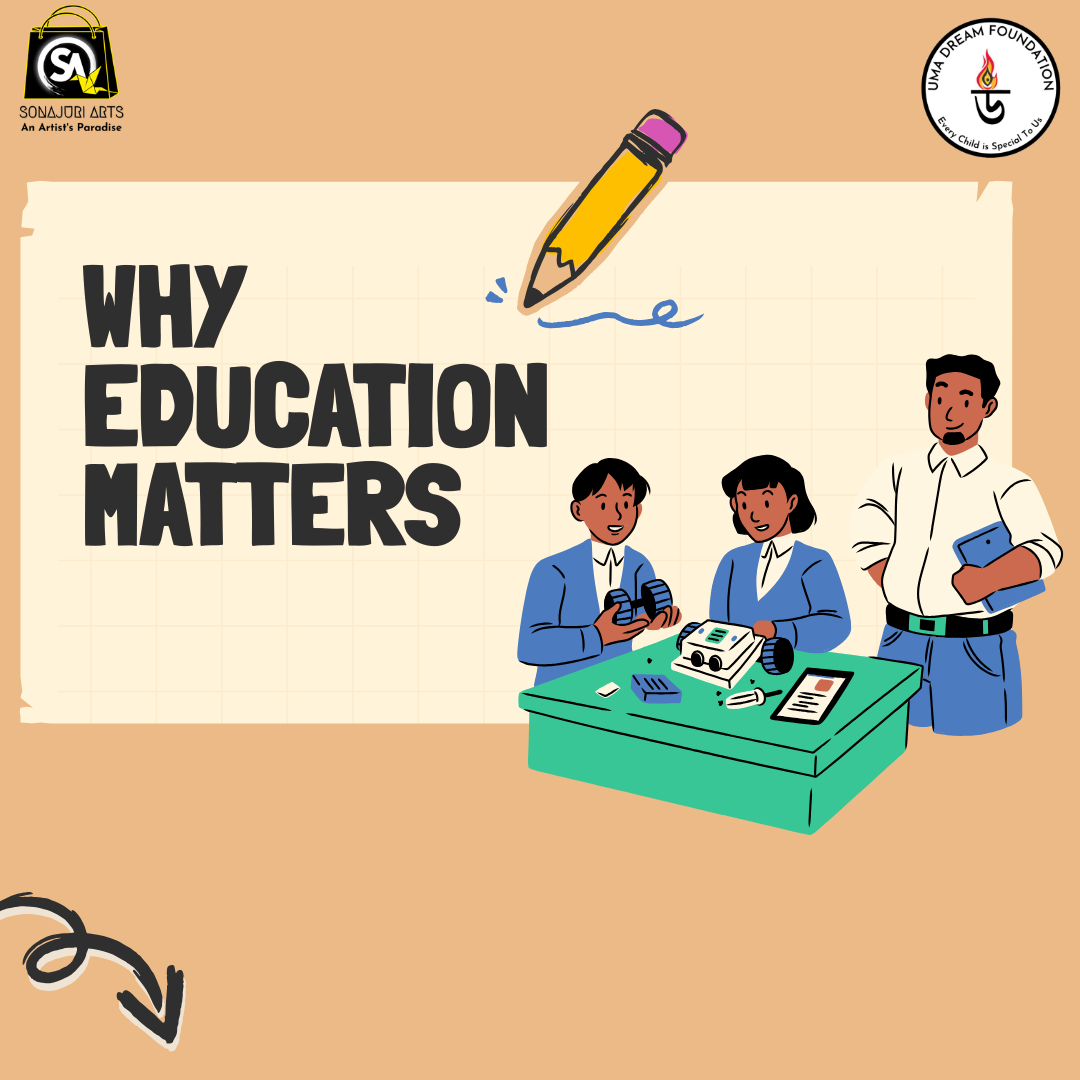Currently Empty: ₹0.00

When we talk about education, our minds often jump to schools, colleges, and career paths. But in reality, the foundation of a person’s learning journey begins much earlier—long before formal schooling starts. Early childhood education (ECE), typically covering the ages from birth to around 8 years, plays a pivotal role in shaping an individual’s personality, emotional intelligence, cognitive abilities, and social skills. Unfortunately, this critical stage is often overlooked in policy discussions and family priorities. Yet, research, real-life experiences, and countless examples show us that investing in early childhood education is one of the best decisions a society can make.
Building Strong Foundations for Life
The first five to eight years of life are when the brain develops at its fastest pace. During this period, children absorb language, values, habits, and behavior patterns that shape their entire future. Studies show that 90% of brain development occurs by age five. This means that the way a child is nurtured and taught in these years strongly influences their future learning capacity and emotional well-being.
A child who is exposed to stories, creative play, and problem-solving activities during this stage develops stronger cognitive skills than one who doesn’t have these opportunities. Similarly, children encouraged to express themselves, work in groups, or practice empathy grow into confident, socially aware individuals.
More Than Just ABCs and Numbers
Early childhood education is not only about teaching kids the alphabet, counting, or basic shapes. It’s about nurturing curiosity and helping children explore the world safely. Through structured play and guided activities, children learn teamwork, patience, communication, and emotional regulation.
For instance, when kids build blocks together, they aren’t just “playing.” They’re learning math concepts like balance and symmetry, practicing negotiation skills, and exercising creativity. Similarly, when a teacher reads a story, children aren’t simply listening—they’re developing language comprehension, imagination, and empathy by connecting with characters.
Long-Term Benefits of Early Childhood Education
Research has consistently shown that children who receive quality early education:
- Perform better academically in later years.
- Have lower dropout rates in schools.
- Show higher levels of creativity and problem-solving skills.
- Exhibit better social behavior and emotional resilience.
- Grow up to have higher earning potential and improved health outcomes.
The Societal Impact of Investing in Early Education
Early childhood education doesn’t just benefit the child—it benefits the entire community and society. When young children grow up equipped with better skills, they become more productive adults, contributing positively to the economy.
According to Nobel laureate James Heckman’s research, every dollar invested in early childhood education yields a return of up to seven dollars through improved education outcomes, reduced crime, and better workforce productivity. For developing nations like India, this is especially important, as investing in children’s early years could break cycles of poverty and create a stronger future workforce.
Early Education and Emotional Development
One of the most underrated aspects of early childhood education is the emotional foundation it provides. Learning how to manage feelings, resolve conflicts, and build relationships is just as critical as academic learning.
For example, a child taught how to share toys in preschool learns cooperation. A child who is comforted when upset learns emotional security. These lessons in empathy, kindness, and resilience create the kind of adults who can build healthy communities.
Challenges in Accessing Early Childhood Education
- Lack of Awareness – Many parents still believe formal education starts only at primary school, overlooking the value of preschool years.
- Affordability – Quality early education is often expensive and not accessible to low-income families.
- Infrastructure – Rural and underprivileged areas may lack preschools or trained teachers.
How Parents and Communities Can Contribute
Parents are a child’s first teachers. Simple activities at home—like storytelling, playing games, or even involving children in daily chores—can significantly aid development. Communities, too, can create shared spaces such as libraries, play centers, or reading groups to nurture children.
Why It Matters More Than We Think
When we invest in early childhood education, we are not just preparing children for school—we are preparing them for life. These formative years determine how they will think, feel, and interact with the world. Ignoring this stage means denying children the chance to reach their fullest potential.
The truth is simple: strong roots create strong trees. If we want a future generation that is innovative, compassionate, and capable, we must begin by giving children the best start possible.
Conclusion
Early childhood education is not an optional luxury; it’s a necessity for building a better future—for individuals and for society. From cognitive development to emotional intelligence, the benefits of investing in a child’s early years are vast and long-lasting.
